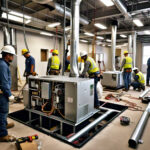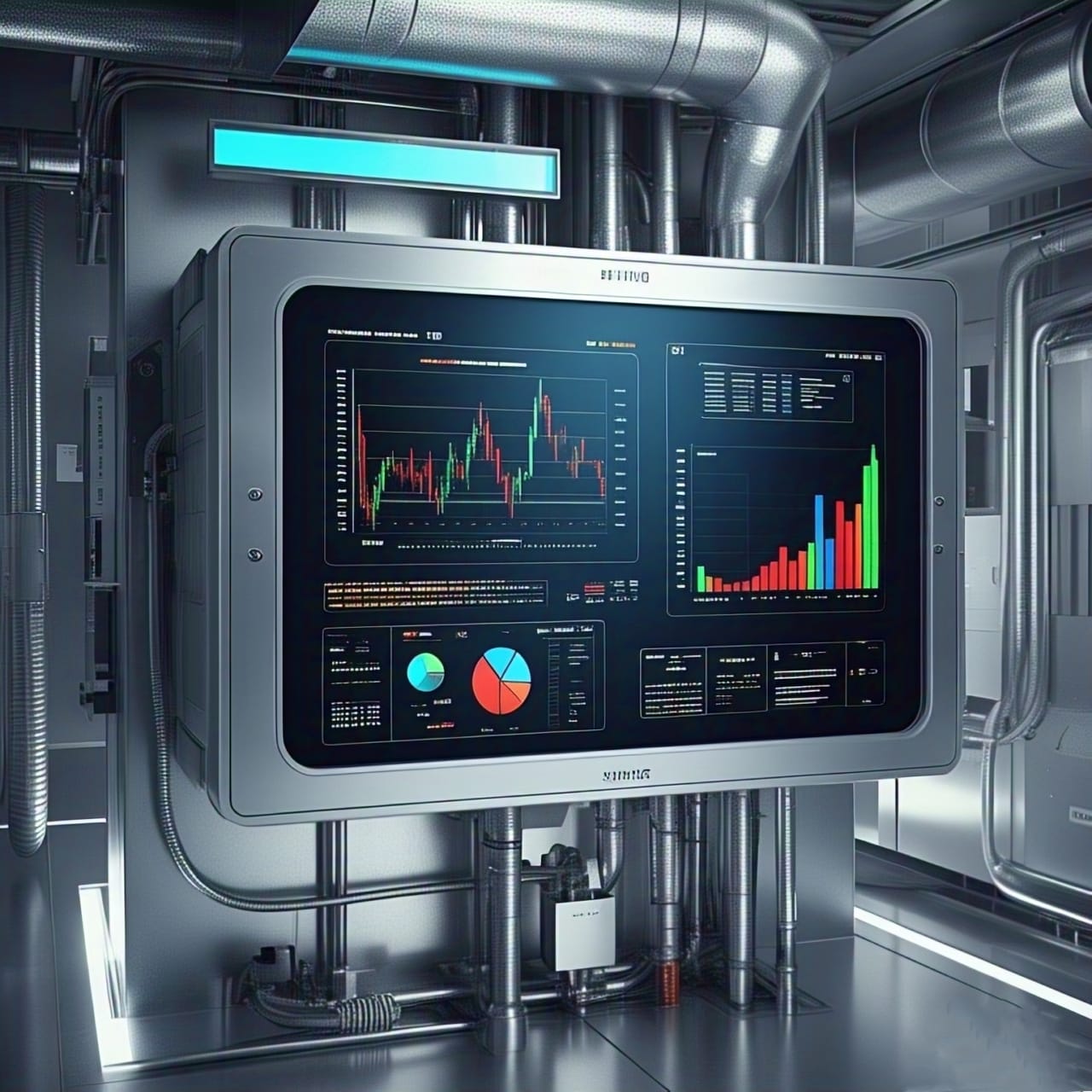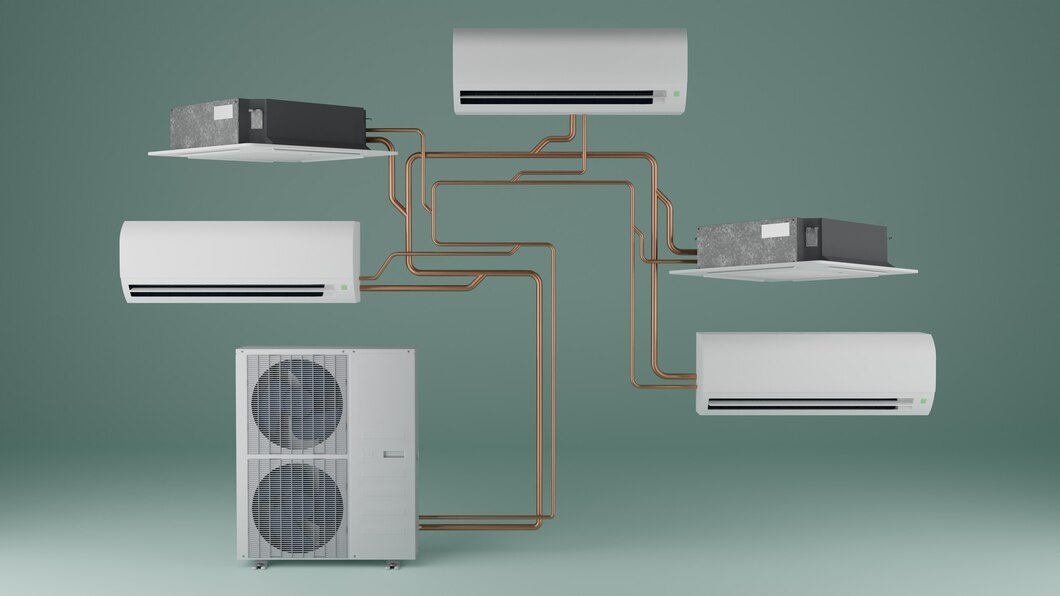The Ultimate Guide to HVAC Systems: Types, Benefits, and Maintenance (2024)
Understanding HVAC (Heating, Ventilation, and Air Conditioning) systems is crucial for maintaining a comfortable and energy-efficient environment in your home or business. This guide provides an overview of various HVAC system types, their benefits, and maintenance tips to ensure optimal performance.
What Is an HVAC System?

An HVAC system regulates temperature, humidity, and air quality within a building. Key components include heating units (like furnaces or heat pumps), ventilation systems (ductwork and vents), and air conditioning units. Together, they maintain indoor comfort by controlling climate and air purity.
Types of HVAC Systems
1. Split Systems (Traditional Central HVAC)

This common system consists of an indoor furnace and an outdoor air conditioner or heat pump.
Ideal for: Larger homes with existing ductwork.
Benefits:
- Efficient heating and cooling.
- Integration with smart thermostats for enhanced control.
2. Ductless Mini-Split Systems

These systems are suitable for homes without ductwork, featuring individual units for each room.
Ideal for: Apartments, additions, or homes without existing ducts.
Benefits:
- Energy-efficient with zoned heating and cooling.
- Flexible installation options.
3. Hybrid Systems

Combining an electric heat pump with a gas furnace, hybrid systems optimize energy use based on temperature.
Ideal for: Regions with varying climates.
Benefits:
- Automatic selection of the most efficient energy source.
- Potential for reduced energy bills.
4. Packaged Heating and Air Systems

All components are housed in a single unit, typically installed outside the building.
Ideal for: Commercial spaces or homes with limited indoor space.
Benefits:
- Space-saving design.
- Simplified maintenance with all components accessible externally.
Benefits of Modern HVAC Systems
- Energy Efficiency: Advanced systems consume less energy, leading to lower utility costs.
- Enhanced Comfort: Features like variable-speed motors and smart thermostats provide consistent temperatures.
- Improved Air Quality: Integrated air purifiers and humidifiers reduce allergens and maintain healthy humidity levels.
- Smart Technology Integration: Remote monitoring and control through smart devices offer convenience and customization.
HVAC System Comparison Chart
To assist in selecting the most suitable HVAC system for your needs, consider the following comparison:
| System Type | Average Cost | Operating Cost per Year | Maintenance Requirements | Lifespan (Years) |
|---|---|---|---|---|
| Geothermal Heat Pump | $18,250 | $375–$600 | Low | 20–25 |
| Mini Split Heat Pump | $8,400 | $515–$1,065 | Moderate | 17–22 |
| Standard Heat Pump | $7,100 | $750–$1,200 | Moderate | 15–20 |
| Split AC & Furnace | $6,700 | $900–$1,440 | High | 15–20 |
| Boiler & AC | $9,750 | $1,150–$1,500 | High | 20–30 |
| Electric Furnace & AC | $6,100 | $1,225–$1,750 | High | 15–25 |
Note: Costs are approximate and can vary based on location, installation specifics, and system configurations.
Source: Pick HVAC
HVAC Maintenance Tips for 2024
Regular maintenance ensures your HVAC system operates efficiently and extends its lifespan. Below is a suggested maintenance schedule:
| Maintenance Task | Frequency |
|---|---|
| Replace air filters | Every 1–3 months |
| Clean condenser coils | Annually |
| Inspect and clean ductwork | Every 2–3 years |
| Check refrigerant levels | Annually |
| Lubricate moving parts (fans, motors) | Annually |
| Test thermostat accuracy | Annually |
| Inspect and seal ductwork for leaks | Every 2–3 years |
Source: Richmond’s Air
Final Thoughts
Investing in the appropriate HVAC system and adhering to a regular maintenance schedule can significantly enhance comfort, improve air quality, and reduce energy expenses. Assess your specific needs, consider regional climate factors, and consult with HVAC professionals to determine the best system for your situation.
Conclusion
Choosing the right HVAC system depends on your property’s size, location, and specific needs. Regular maintenance ensures efficiency, longevity, and cost savings.
By understanding different HVAC types, benefits, and upkeep practices, you can make informed decisions for a comfortable and energy-efficient living or working space.










